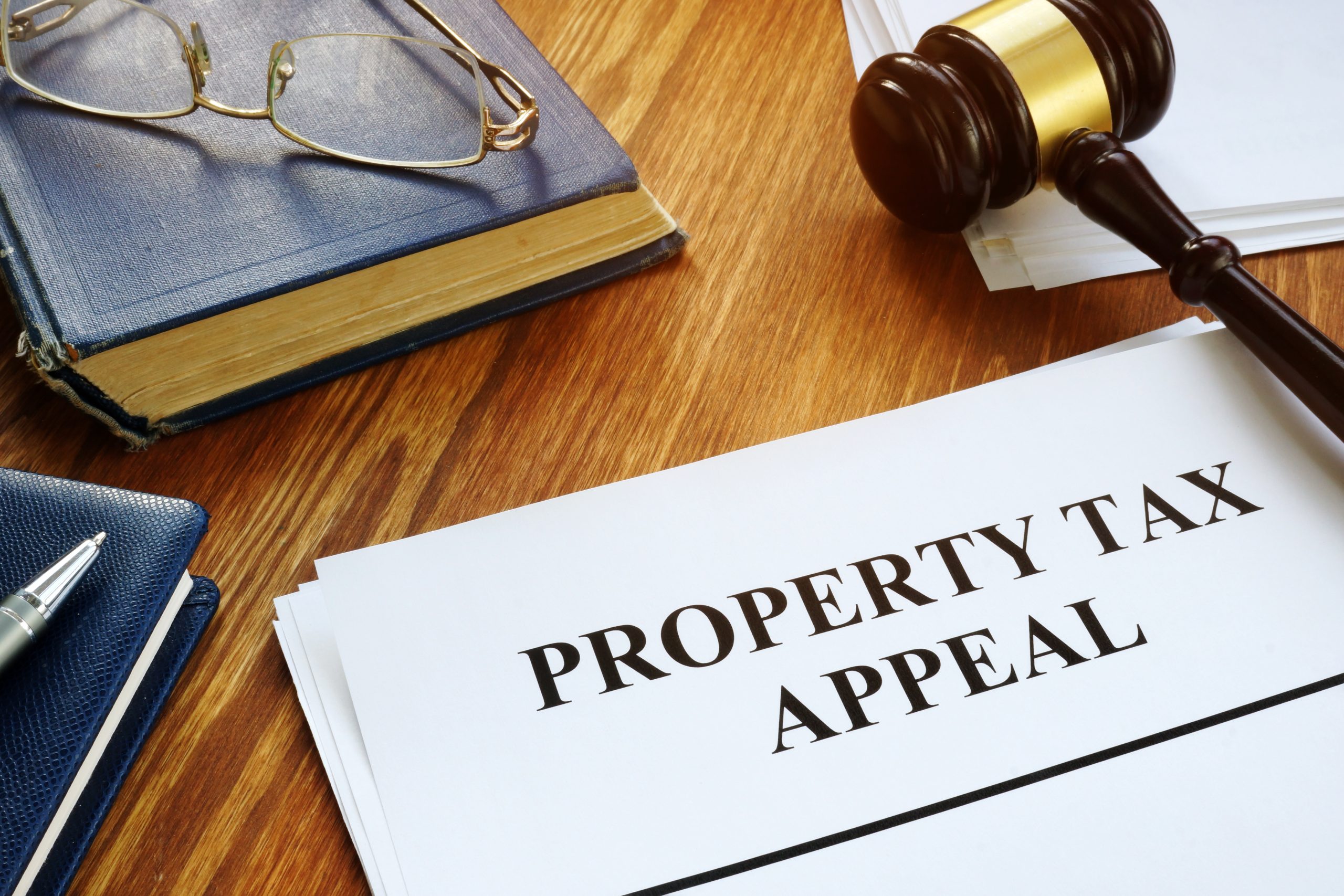Get to Know the Details: Protesting Your Property Taxes in Texas

Here’s what you need to know about protesting your property taxes in Texas:
- Texas homeowners have the right to protest their property taxes when they disagree with the county’s taxable value assessment.
- Mass appraisal methods and outdated data can lead to overinflated bills, so protesting ensures you have a fair and accurate property tax bill.
- The protest process entails researching county deadlines and instructions, gathering strong evidence, and presenting your case in an informal review and/or a formal hearing.
- Protesting may result in a reduction or a no change. Success is never guaranteed, but hiring professionals like Gill, Denson & Company significantly increases your odds.
What Does It Mean to Protest Your Property Taxes?
Every Texas homeowner has the right to protest their property’s taxable value. If you feel the appraisal value was misjudged, filing a protest allows you to voice your concerns and potentially reduce your tax burden. When your property is appraised at a higher amount than the previous year, the appraisal district will send a notice of appraised value. This is your opportunity to review their findings and determine if there are any errors affecting your property tax bill. Even if the value did not go up, there is often still an opportunity to receive a reduction by protesting.
Why Should You Protest?
County appraisal districts (CADs) often rely on mass appraisal methods and outdated data, leading to inaccurate valuations for numerous properties at once. This can translate to an overinflated bill for you due to sudden jumps in assessments, miscalculated improvements, overlooked exemptions, or even unfair comparisons to similar properties. Protesting your Texas property taxes ensures you pay a fair and accurate tax bill based on the true value of your property.
The Property Tax Protest Process
So, what does the property tax protest process involve? The first step is to research your county‘s protest filing deadline and where and how to submit the necessary forms. Then, collect strong evidence – gather recent sales data, appraisals, property photos, repair estimates, and more. You’ll need to present these as additional supporting documents to help strengthen your case. If you hire a professional firm to protest for you, they’ll have access to extensive databases and research, significantly boosting your odds of success.
The protest process has two phases: an informal review and a formal Appraisal Review Board (ARB) hearing. The informal hearing is typically a meeting with an appraiser, aiming to settle your case without a formal hearing. If unresolved, the formal hearing is a more structured presentation where both sides present their findings. The ARB determines your property’s value based on all evidence presented, so it’s vital you make a compelling case. If the ARB rules in your favor, the chief appraiser will inform the appropriate taxing units about the approved change.
Is Protesting Your Property Taxes Effective?
To understand how effective protesting your property taxes in Texas can be, it’s important to understand the various potential outcomes. This could range from a favorable property tax reduction, no change, or (rarely) an increase in value. It’s crucial to note that success rates vary by county and individual case specifics and results can never be guaranteed. However, hiring a professional like Gill, Denson & Company can significantly increase the effectiveness of your protest. We helped 83% of our clients successfully protest their properties in 2022 alone. Review our 2023 case studies to see recent examples of our residential and commercial protest results.
The expert property tax consultants at Gill, Denson & Company are ready to assist you with your property tax protest! Get started with our residential or commercial services today to get ahead of the 2024 protest season.









